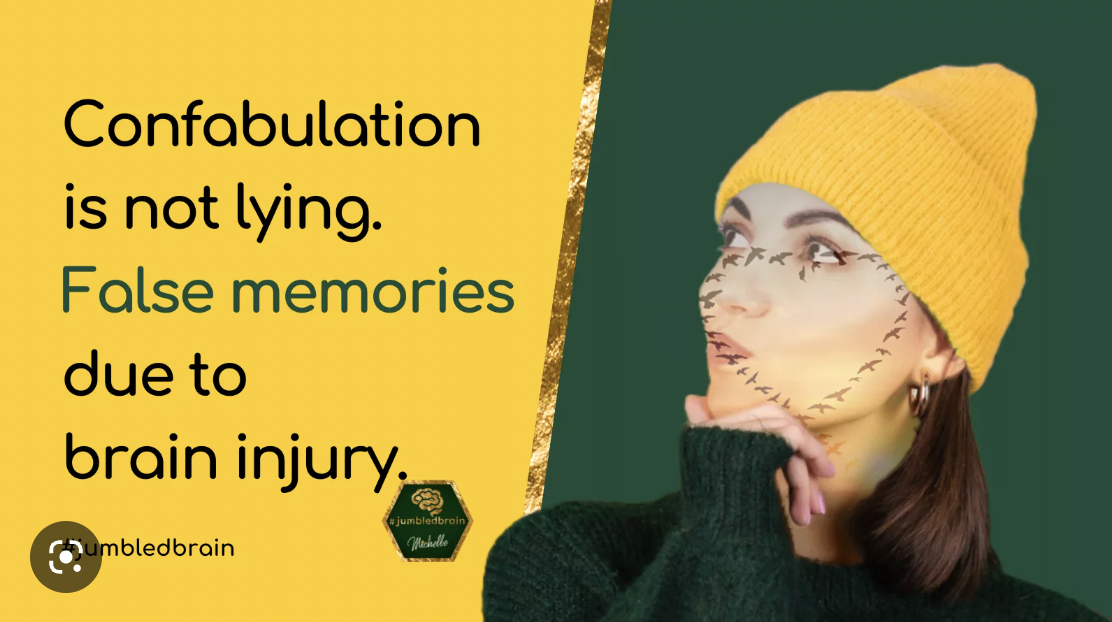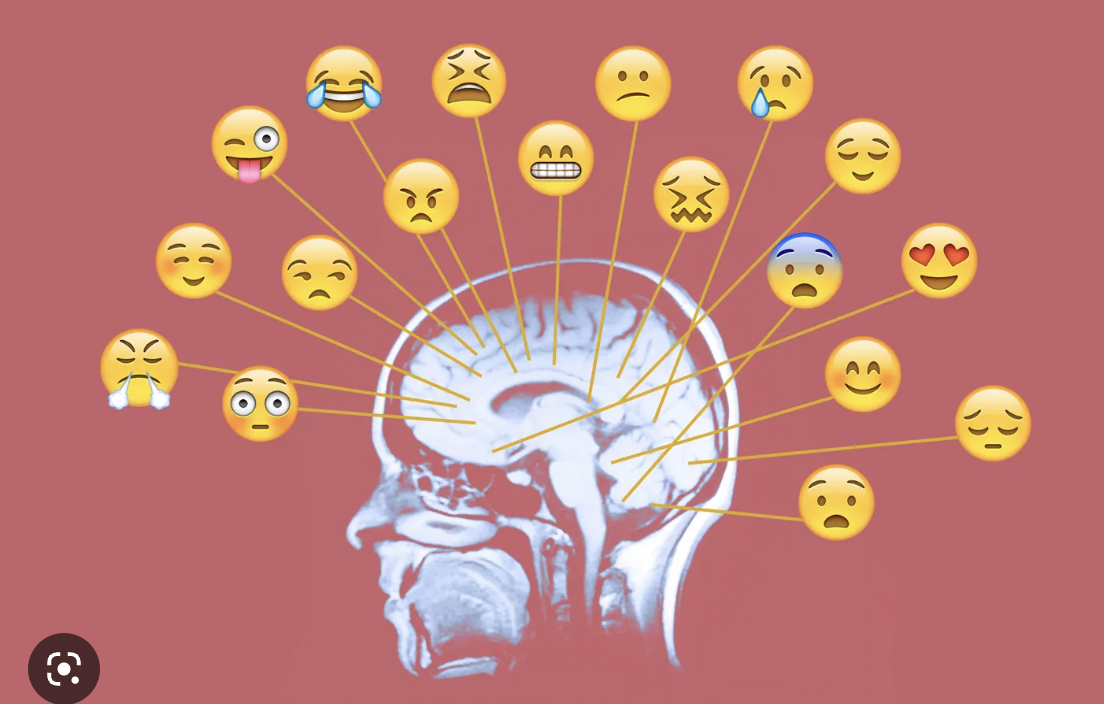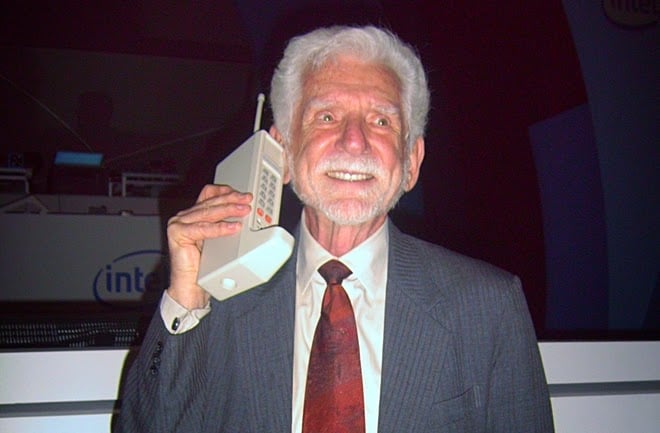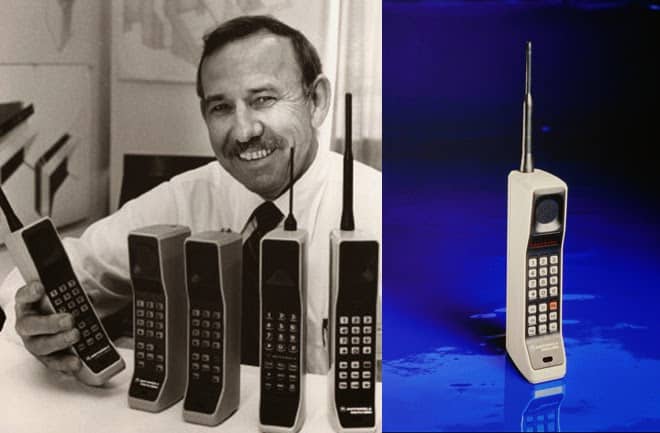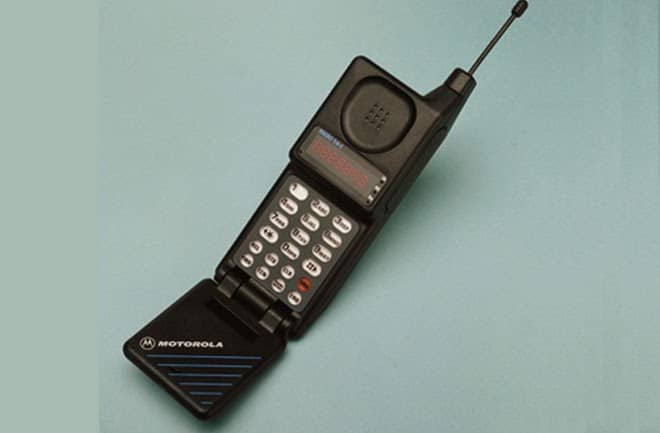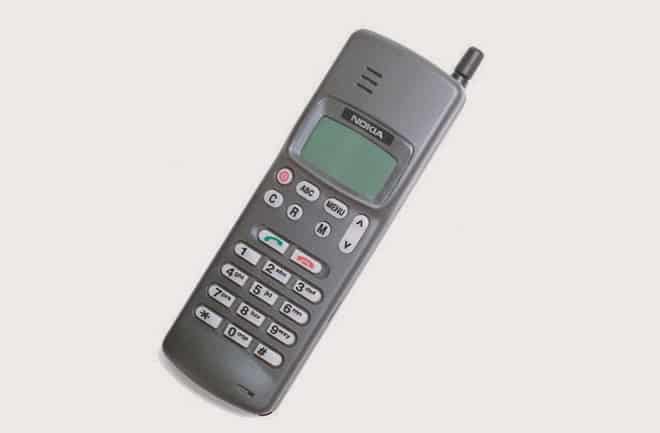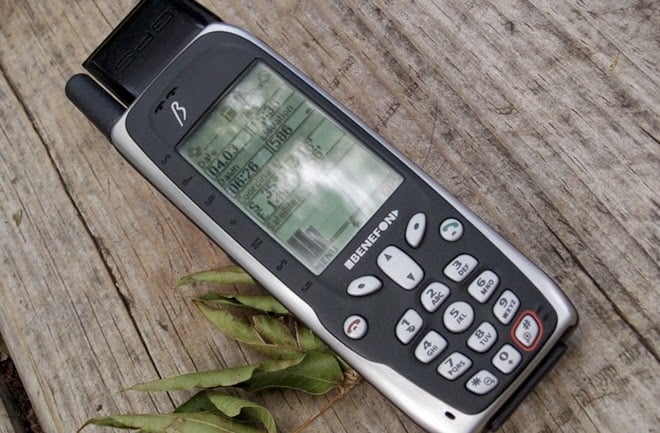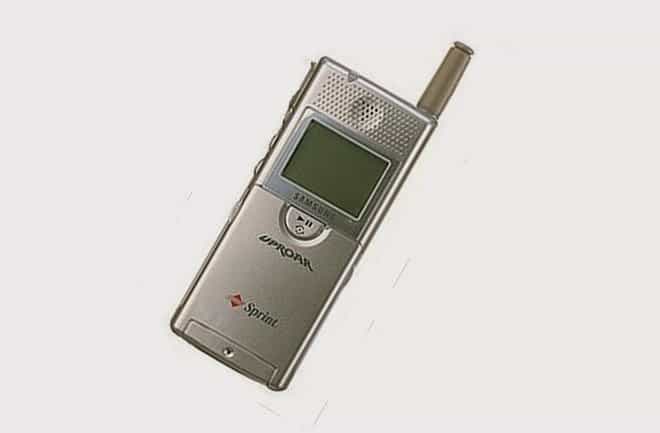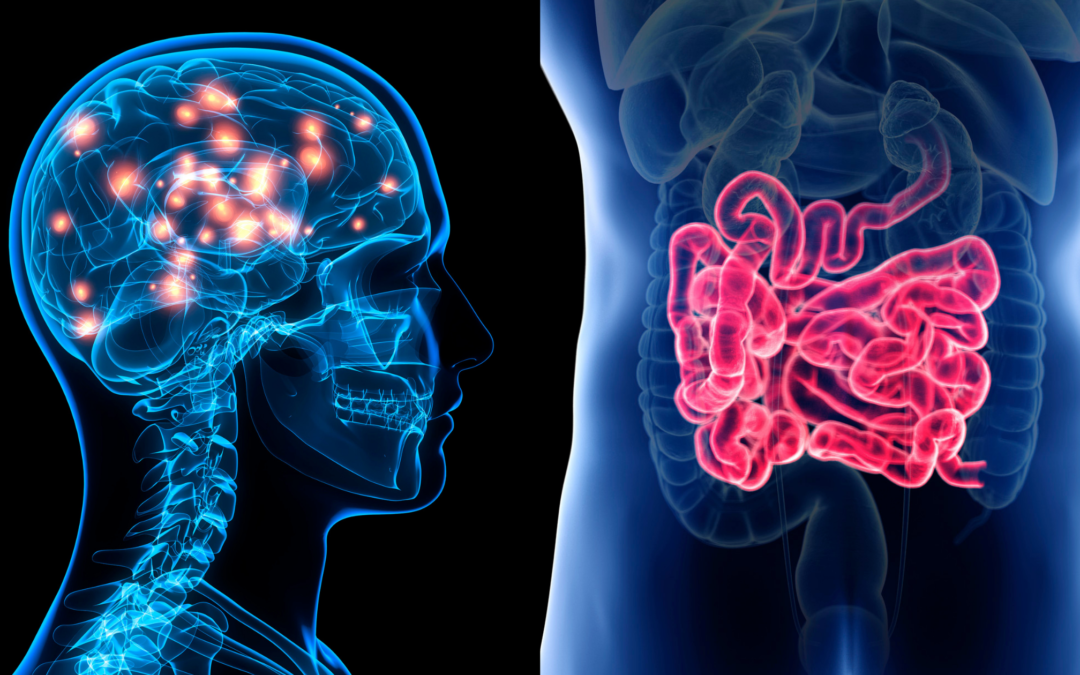Confabulation is when people, a significant portion of Traumatic Injury Injury (TBI) survivors, have gaps in their memory and were asked to recount the details of past events. Rather than saying that they don’t know, people minds furnish missing details with confabulated memories of the incidents.
People who are confabulating can’t help it. They are not making an intentional attempt to lie. Rather, they are confident in the honesty of their memories even when somebody else challenges them. People who are confabulated are not conscious that their memory is incorrect, and they are not lying to deceive or manipulate others.
Confabulation is often associated with memory disorders, brain injury (TBI), and psychiatric conditions like schizophrenia.
Signs and symptoms of confabulation are the following:
- A lack of awareness that a memory is false.
- No attempt to deceive or manipulate.
- The story is usually related t the person’s memory on past or current experiences.
- The story can be either probable or improbable, coherent or unrealistic.
While confabulated stories involve presenting false information, the person believes that what they are remembering is true.
In other cases, a person’s memories can be quite ordinary. For instance, a person might not be able to remember exactly how they got a small bruise on their arm but may fabricate a story to explain how the injury occurred.
Family and friends may also be able to offer information that comes in contrast with the confabulator’s “truth.” Confabulation is often the result of brain disease or damage such as TBI.
There is not one specific area of the brain that is responsible for confabulation, but damage to the frontal lobe which is vital to helping us form memories and the corpus callosum which has a key role in visual and auditory memory are identified.
Different theories are used to determine why people confabulate. Some research suggests that two main factors play a role in this type of memory disruption. Being confabulated can sometimes stem from a false memory. This can be a case of “honest lying,” since people are relating to a confabulated memory that seems entirely truthful from their own point of view.
A 2017 study verifies neuropsychological treatment for confabulation in individuals who experienced a TBI. Researchers asked participants to complete a memory task, then showed them their incorrect answers. Also, they were given specific instructions to pay close attention to their responses.
Having social contact is important in owning up to confabulated memories. Don’t rely on memory alone for important information, especially involving those that are life-changing.
People who are confabulated as well as family members and friends need to be educated on this word. Gaps in identifiable memory can be terrifying for people who undergo them and learn otherwise, and disastrous for those that hear them.
As I have often said, having a brain injury is easier than the situations, like confabulation, that come after.
The post Are You “Confabulating” with a TBI? appeared first on The Tales of A Stroke Survivor.


